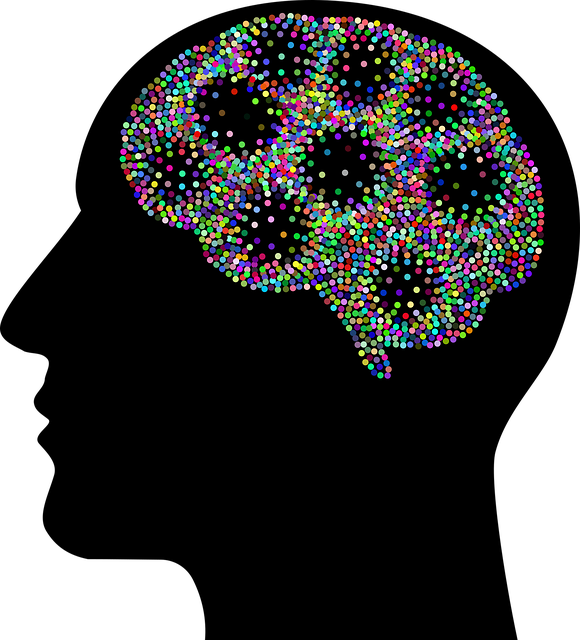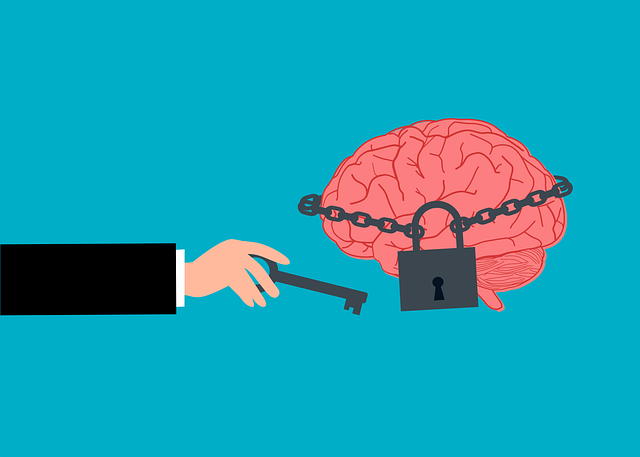Mental health challenges among children in polyamorous and open relationships require specialized support. Traditional therapy often fails to address these unique dynamics, highlighting a need for innovative digital solutions. Apps tailored for this demographic should integrate evidence-based strategies like CBT adapted for younger users, offering accessible and engaging mental wellness support. These platforms encourage open communication, foster healthy boundaries, and promote self-reflection within multiple partnerships. Specialized therapy creates safe spaces for children to express feelings, understand their family structure, and develop emotional intelligence. Ethical considerations include user data privacy, content accuracy, and risk assessments, with regular updates based on feedback and research to meet diverse needs.
In today’s digital landscape, mental wellness apps offer a promising avenue for supporting vulnerable populations, especially children and teens grappling with unique challenges. As polyamorous and open relationships gain recognition, there’s a growing need for tailored therapy approaches accessible through these platforms. This article explores key aspects of app development, from understanding specific mental health needs to implementing ethical guidelines. We delve into innovative features that foster supportive digital spaces while ensuring safety in therapy for children and adults navigating complex relationships.
- Understanding Mental Health Needs in Children and Teens
- Exploring Therapy Approaches for Polyamorous and Open Relationships
- App Features and Functionality: Creating a Supportive Digital Space
- Ethical Considerations and Ensuring Safety in Mental Wellness Apps
Understanding Mental Health Needs in Children and Teens

Mental health issues among children and teens have become an increasingly significant concern in recent years, highlighting the need for specialized support and understanding. This demographic faces unique challenges that often go unnoticed or undiagnosed due to their developing brains and societal pressures. From anxiety and depression to more complex conditions like ADHD and autism spectrum disorders, early intervention is crucial. Many traditional therapy approaches may not cater effectively to this age group, emphasizing the importance of developing apps that offer accessible and engaging mental wellness solutions.
In today’s digital landscape, technology plays a pivotal role in fostering connections, especially within polyamorous and open relationships, which can positively impact a young person’s mental health. Apps designed for children and teens should incorporate strategies to build inner strength, empathy, and resilience. By integrating evidence-based practices such as cognitive-behavioral therapy (CBT) techniques tailored for younger audiences, these applications can provide much-needed support while also offering risk management planning for mental health professionals. Such tools enable experts to track progress, offer personalized guidance, and facilitate open conversations about emotional well-being.
Exploring Therapy Approaches for Polyamorous and Open Relationships

In recent years, there’s been a growing recognition of the unique challenges faced by individuals in polyamorous and open relationships. Traditional therapy approaches often fail to address the specific dynamics of these relationships, highlighting the need for specialized care. Many mental wellness apps are now incorporating features tailored to polyamorous individuals, aiming to provide accessible and inclusive support. These platforms explore therapeutic modalities that encourage open communication, foster healthy boundaries, and promote self-reflection within the context of multiple partnerships.
For children in polyamorous families, therapy can play a pivotal role in helping them navigate social dynamics, build resilience, and develop a positive sense of self. Therapy for Children in Polyamorous Families focuses on creating safe spaces where young individuals can express their feelings, understand their unique family structure, and enhance their emotional intelligence. Moreover, these therapeutic approaches can include elements of confidence-boosting strategies, trauma support services, and Mental Health Policy Analysis and Advocacy to ensure comprehensive care that addresses both the individual’s immediate needs and long-term mental health goals.
App Features and Functionality: Creating a Supportive Digital Space

In the realm of mental wellness app development, creating a supportive digital space requires thoughtful consideration of various features and functionalities. One key aspect is incorporating therapy for children tailored to address unique challenges they face in their emotional and psychological growth. This can involve interactive games, guided meditations, and age-appropriate tools designed to foster resilience and coping mechanisms. Additionally, apps should cater to diverse relationship dynamics, including polyamorous and open relationships, by providing resources that promote healthy communication, boundaries, and empathy building strategies.
Beyond individual therapy, community engagement is vital for mental wellness. App developers can facilitate this through the implementation of community outreach program features, enabling users to connect with like-minded individuals who share similar experiences or struggles. Furthermore, integrating mental wellness coaching programs within the app allows for personalized guidance and support, fostering a sense of belonging and empowering users to take proactive steps towards improving their mental health.
Ethical Considerations and Ensuring Safety in Mental Wellness Apps

Mental wellness apps have gained popularity as accessible tools for supporting individuals’ mental health and well-being. However, developing such applications comes with unique ethical considerations that require careful navigation. When creating apps designed to provide therapy or support for sensitive topics like children’s mental health or polyamorous and open relationships, developers must uphold stringent safety measures. This includes implementing robust data privacy protocols to protect user information and ensuring the accuracy and reliability of content to prevent potential harm.
Additionally, developers should conduct thorough risk assessments for mental health professionals involved in creating or recommending these apps. It is crucial to integrate empathy-building strategies within the app’s design to foster supportive interactions between users and virtual therapists. Regular updates based on user feedback and scientific research are essential to maintain the effectiveness and safety of these applications, catering specifically to diverse populations’ unique needs, including those seeking therapy for children and navigating complex relationships.
Mental wellness app development, encompassing therapy for children and polyamorous/open relationships, is a multifaceted field. By integrating evidence-based practices and ethical considerations, these apps can create supportive digital spaces that foster mental health awareness and accessibility. As technology advances, it’s crucial to prioritize user safety while leveraging innovative features to meet the diverse needs of individuals seeking support. Through thoughtful design and an emphasis on privacy, mental wellness apps have the potential to revolutionize access to care, ensuring better outcomes for all users.














